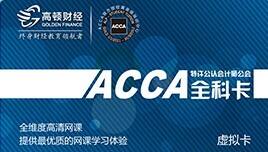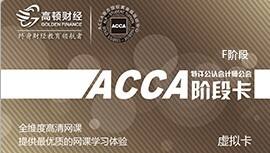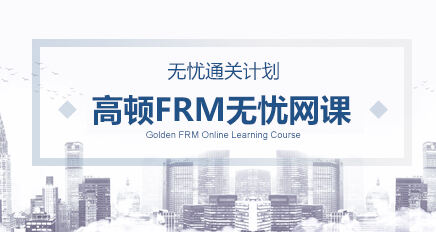【F5】F5近年考试热点梳理及预测——Ms.Wu
What will be examined in this paper (F5) 1) Specialist cost and management accounting techniques. Activity Based Costing, Life Cycle Costing, Throughput accounting and back – flush accounting. As ABC was examined regularly, but you still can not ignore it, especially calculation part,make sure you are aware of what is the difference between ABC and absorption costing. Life cycle and back-flush, you may focus on the main ideas about the theory, the discussion parts. Pay attention to back-flush, as it has not been examined yet. Throughput accounting, please make sure you understand the theory and calculation of this method. It could be tested this time. This exam consists entirely of compulsory questions; this makes question spotting particularly dangerous. The purpose of this analysis is to highlight key areas that we would expect to be regularly tested. Use the above tips as important areas to cover but remember that no one knows what is in the exam, apart from the examiner. Your safest bet is to achieve good syllabus coverage in your revision, as the examiner aims to do in the exam. At last, do not forget to spend one or two days to read the articles which can be found on the website. They may tell you what the examiners are thinking and give you a guide of the exam you will face to very soon. Wish all the good luck in your exams!
2) Decision Making Techniques. All the pricing strategies for detail, especially for the new product to launch into the market. Do not neglect areas such as relevant costing as this is a very important topic that could easily be examined again soon. Also linear programming is another key area. For the calculation part, you have to pay attention to expected value, joint probabilities, sensitivity analysis, and decision methods such as maximax, maximin…
3) Budgeting. You need to prepare implications of differing budget approaches and
their impacts on motivation. The conflict between ZBB and incremental budgeting is also likely to be explored. Also, you have to know the behaviour aspects of budget. Numbers elements in a budgeting question could include flexed budgets or time series analysis & learning curves.
4) Standard costing and Variance Analysis. Standard variances and planning and operational variances; calculation and discussion, factors to consider when investigating a variance. An operating statement which included budgeted idle time has also been required. Mix and yield variance are required to be explained and calculated.
5) Performance management and control. Questions here could frequently focus on interpretation of performance and a discussion of financial vs non financial measures. These have featured on all papers to date. Questions could also focus on performance evaluation in the public sector so perhaps featuring calculations using the 3 Es. Alternatively they could focus on divisional performance measures such as ROI / RI and a discussion of the impact on performance of various transfer prices. (transfer price could be tested for very simple calculation)
Yue Wu
Lecturer of Paper F5, Performance Management

相关阅读
ACCA资格考试技巧2013/02/05
2013年ACCA考试大纲分析之企业管理2012/12/27
ACCA考试财务管理体系学习重点及复习策略介绍2012/12/10

















